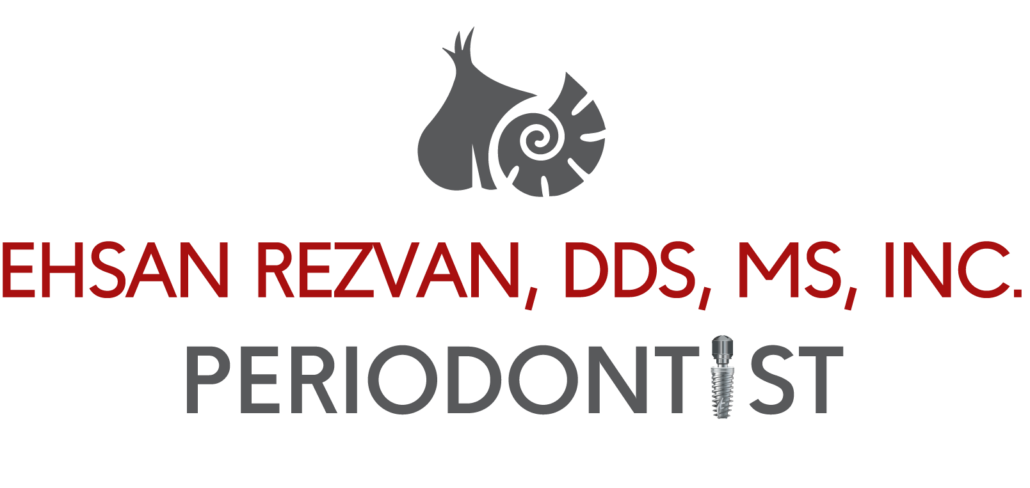Three ways to beat the dental blues.
Are you putting off your next dentist visit? Up to 20% of Americans avoid their scheduled dental appointments out of fear of what’s waiting for them in the chair. If you’re a victim of dental anxiety, you may experience extreme nervousness just by thinking about going to the dentist. These feelings can cause stress so high that it’s easier to avoid the appointment altogether. This nervousness in its most extreme sense is known as dental phobia, which is a condition that causes feelings of horror activated by thoughts of the dentist.
While victims typically know that their fear is irrational and that dentists will do everything possible to keep them comfortable, little can be done to change their minds. Dental phobia triggers avoidance behavior, which leads sufferers to only visit the dentist when extreme pain leaves them with no choice. Though there is no direct treatment for dental phobia, there are a number of strategies we recommend to make visits to the dentist a lot less intimidating.
First and foremost, we encourage you to be as open and honest about the anxiousness you’re experiencing. If we know that you’re nervous, we can determine steps that will reduce those feelings and make you more comfortable. One of the strategies we can talk about are signals for you to use to let us know how you’re doing. We might suggest that you raise your hand if you’d like us to pause for any reason. This way, you’ll be in control of your experience, which typically may not feel like the case. We can also find a signal to use when you’d like information about what exactly is going on at every stage of the procedure, so nothing is a mystery. We’re also happy to pause whenever you need to rinse your mouth, adjust in the chair, or just want to take a breath.
Secondly, having a distraction will help take all of the focus away from the procedure and any uneasiness you’re feeling. Depending on the work you’re having done, you’ll usually be able to wear headphones so you can listen to music, a podcast, or anything else that makes you feel calm. If your exam room has a TV in it, you can make sure there’s something on the screen that you’re interested in, so you can focus on that instead of the work being done in your mouth.
Lastly, sedation dentistry—when sedative drugs are administered orally ahead of a procedure—is a tested and trusted way to provide relief from anxiety. The types of sedation you may require range from oral sedation, inhalation sedation, intravenous sedation, and general anesthesia, depending on if you should be conscious or if you can fall asleep while the procedure is underway.
No matter what, we’ll do everything we can to make sure you’re at ease during your visit. If you have questions or you’re still feeling anxious, please don’t hesitate to call our office at (408) 842-9045.
